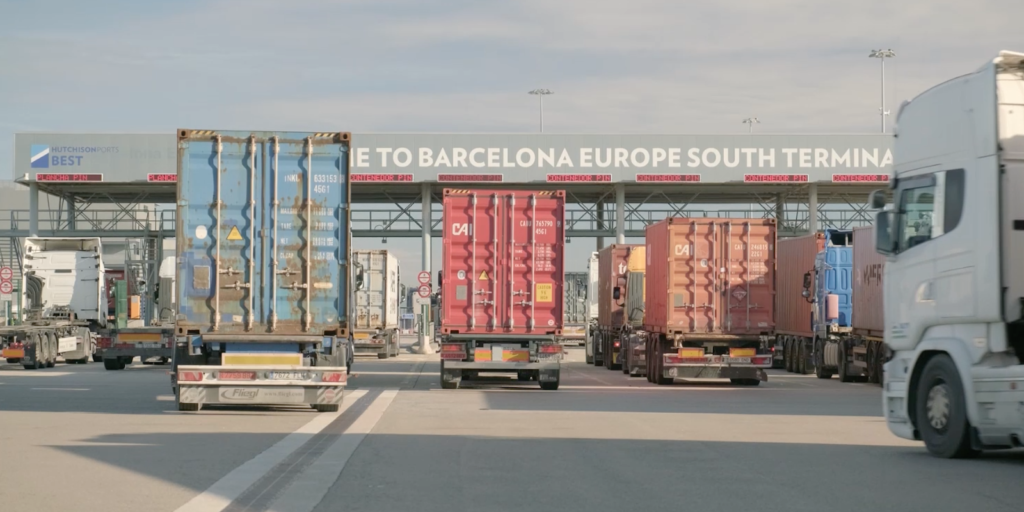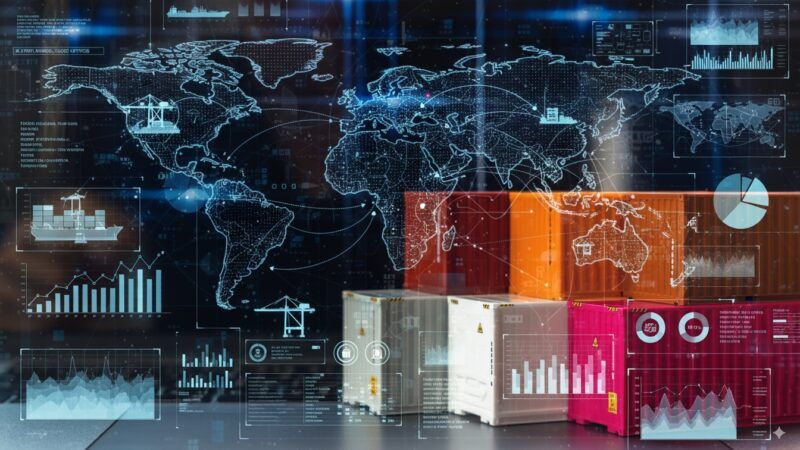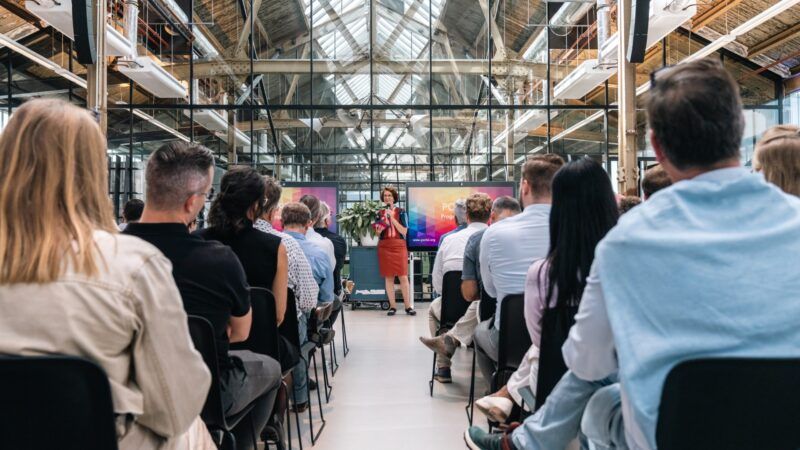The Smart City Expo World Congress, the most important event in the world for urban evolution and innovation, will be held from 19 to 21 November. The event offers a unique meeting point for the entire smart city ecosystem, undergirded with the values of social inclusion and sustainability. Plus, this ninth edition will have a new space for the most advanced smart ports in the sector with the slogan ‘Piers of the Future’. The initiative is being led by Port of Barcelona, with the involvement of the ports of Antwerp, Hamburg, Los Angeles, Montreal and Rotterdam.
Sixx of the most evolved ports in the world will share an exhibition space measuring 150 m² with a very busy calendar that will spotlight a total of 40 projects on digitalisation, the environment, mobility and cybersecurity. The Fira de Barcelona will be yet another showcase to share the efforts of smart ports, a key piece within the global mechanism. So, what is a smart port?
The ports participating in the congress share one feature, namely having a smart model where technology, like big data or artificial intelligence, manages to automate processes and connect the different actors in the logistics chain on platforms that speed up transactions and bureaucratic paperwork while simultaneously making them more reliable. Plus, the data collected throughout these interactions among vehicles, people and institutions enable better decisions to be taken in the future. The key is constantly moving forward and adapting.
The symbiosis between a smart city and a smart port is clear, but why is the Smart Port: Piers of the Future event so important? Piet Opstaele, Innovation Lead & Manager Innovation at the Port of Antwerp, explains that “showing our projects at the Smart City Expo World Congress will serve as a bridge with the solutions developed for smart cities, since they can be valuable for ports, such as in mobility or water quality.”
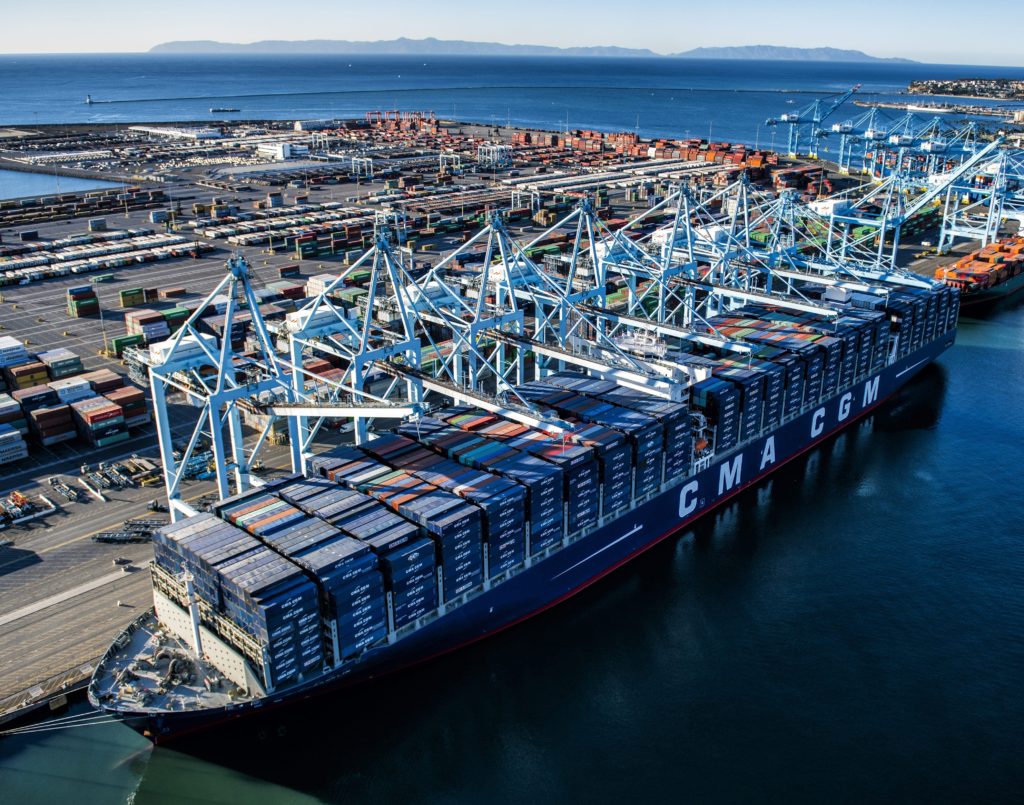
Likewise, the CEO of the Port of Hamburg, Jens Meier tells that “the event is an outstanding platform to promote projects related to smart ports and to exchange knowledge. The city is key factor to bear in mind, since our port is located in the heart of Hamburg, so it is part of its day-to-day life. For this reason, this congress will enable us to learn about innovative solutions because ports and cities are both facing similar challenges.”
The spokesman of the Port of Los Angeles says that they expect to learn from their colleagues all over the world and improve their competitiveness in world trade. Another of his objectives is to work alongside other ports and to digitally connect in order to gain better transparency and visibility. More than 4 million people live in Los Angeles, and this is why the role of the port within the plan of one of the most cutting-edge smart cities in the world is so important. Its goal is to improve quality of life by implementing the most advanced environmental technologies and optimal load planning via its port facilities.
Historically, ports have been associated with cities’ development. For this reason, the representative of the Port of Montreal believes that “it is important for the industry in the sector to unite and show its communities that ports play an important role in the digital transformation of their supply chains. Digitalisation offers new solutions and possibilities for managing the interface with cities and communities. In Montreal, we use several emerging technologies to provide real-time data to lorries so that they can better plan their trips and thus avoid traffic jams, while also lowering pollution levels.”
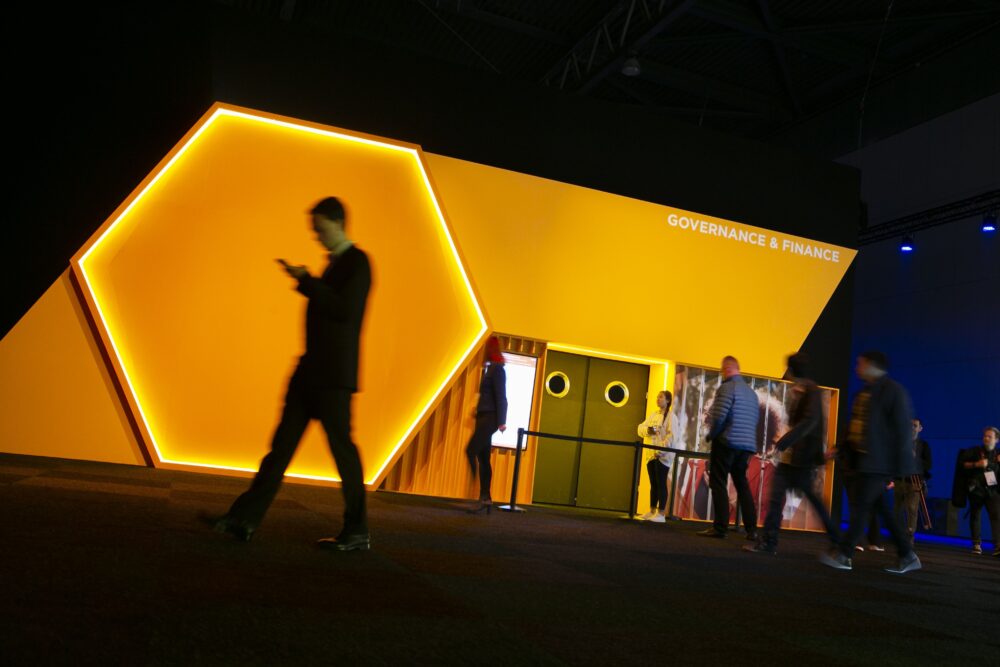 The Smart City Expo World Congress will be the scene of the Smart Ports: Piers of the future, where the latest news of some of the best ports in the world will be announced.
The Smart City Expo World Congress will be the scene of the Smart Ports: Piers of the future, where the latest news of some of the best ports in the world will be announced.
 The Smart City Expo World Congress will be the scene of the Smart Ports: Piers of the future, where the latest news of some of the best ports in the world will be announced.
The Smart City Expo World Congress will be the scene of the Smart Ports: Piers of the future, where the latest news of some of the best ports in the world will be announced.




